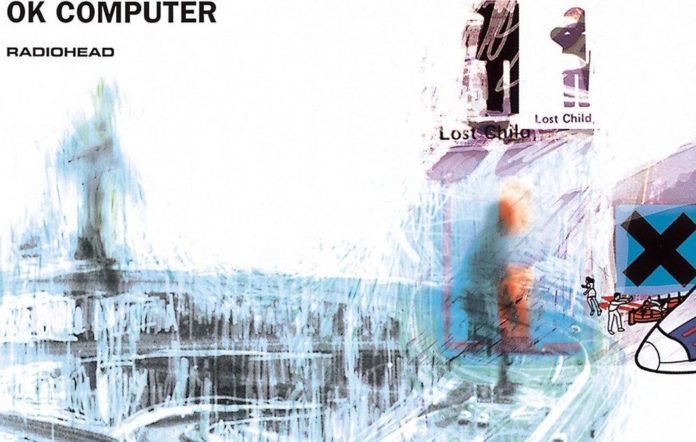
Subscribe & Follow
#AfricaMonth
Jobs
- Senior Sponsorship Executive Bryanston
In the news
#OnThisNote: The Radiohead prophecy

As it is a time for self-discovery, we often feel lost in the years of high school. Often hiding, it’s rare to find a young person who feels that they belong, or feel they know what they are doing, or even have a grasp on where they want to go in life. Creep became an anthem for this feeling - and Radiohead solidified their presence in the lives of those who feel a little alone in knowing who they are.
But Radiohead is much more than their popular song, and we see this in OK Computer, the album that predicted the future.
Exit music for an older generation
Released in 1997, when the internet was still a fairly new thing to the world, you can hear from the get-go with the still-futuristic Airbag that OK Computer was not going to be anything we could expect.
As you listen, you can understand that the album was released in the ’90s, but Thom Yorke’s droning lyrics accompanied by the dreamlike shaky percussion and disorienting guitar brings you into a world we think we see in science fiction. Inspired by Miles Davis’ Bitches Brew, Radiohead brings us a bewildering array of sounds that speak to one thing: quiet panic.
Each title has its own message and includes masterpieces like Exit Music (For a Film) that was written for Baz Luhrmann’s Romeo and Juliet - a film that, in its own right, brings forward the uncomfortable dystopian feeling we find equally in OK Computer.
Standing on the edge
The most compelling thing about OK Computer, however, is how the whispered warnings of the album have come to fruition 20 years later. Profoundly applicable to the life we find ourselves living today, the depictions of the world Yorke is sauntering through sounds overwhelmingly familiar.
Although there are no direct mentions of computers, or the internet, on the album - barring the title - lyrics mentioning falling prey to an automated and socially deprived world are well present. Although Radiohead might not have predicted a Covid-19 pandemic, you could easily place yourself on a rainy night at 3am, trying to find meaning by staring at a screen in the darkness while listening.
When the album was released, it was lauded for how it spoke to the loss of a soul in the digital age. However, it is not so clear as it is now how our dependence on technology has shaped the way we identify ourselves. The magnificence of OK Computer truly lies in making these predictions and current reality something to think about, instead of yet another pretentious warning that the internet and technology are taking away our humanity.
Although it is not all it does, as we know - technology has provided many with the ability to find work, work easier, and connect easier with those who are far away from them. It is undeniable, however, that we have partly become words on a screen.
Homesick
As such, OK Computer finds itself high on the list of albums that keep up its cultural significance in our current age. I would leave you with my personal favourite lyrics from the album:
Breathe, keep breathing
Don't lose your nerve
Breathe, keep breathing
I can't do this alone
A lick of hope in the overall dread we find in this masterpiece, perhaps we can turn back to reevaluate the paths we have taken. In any case, we find ourselves stuck in a world Radiohead warned us about years ago - whether we like it or not.














